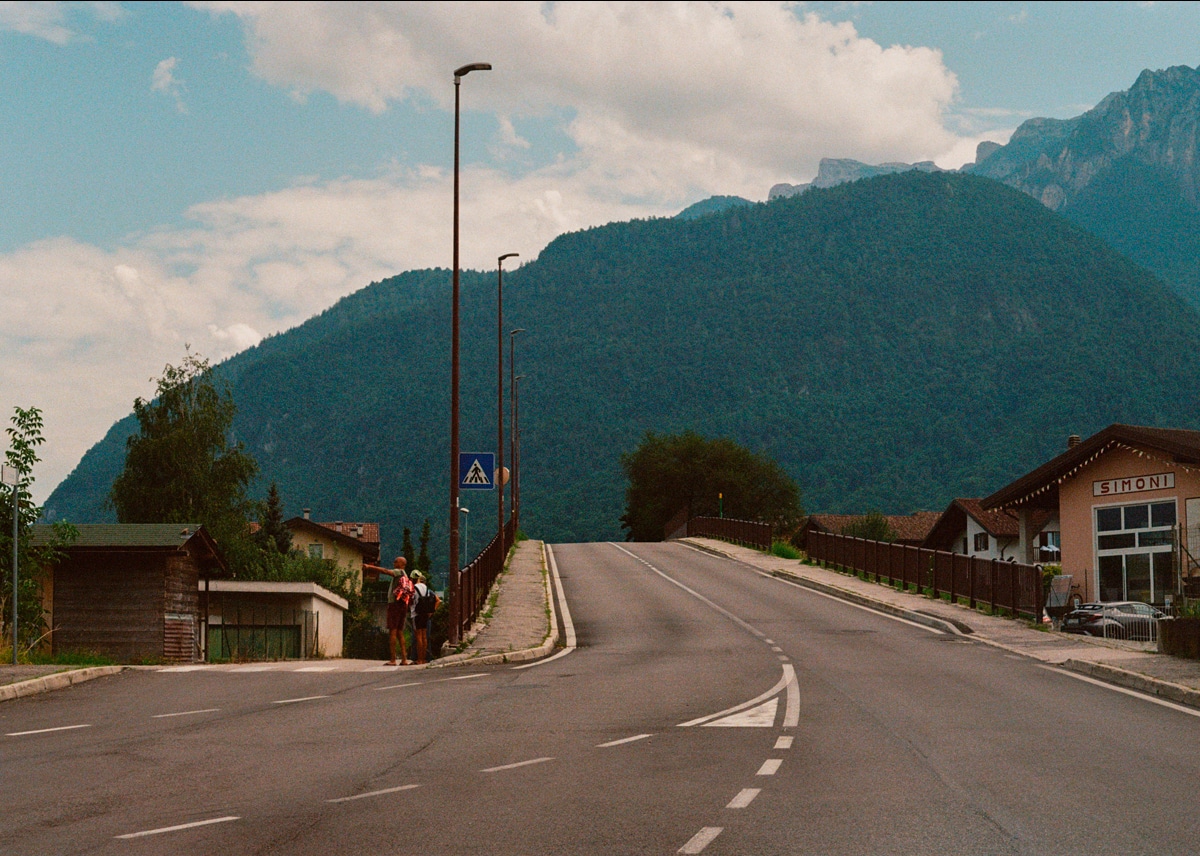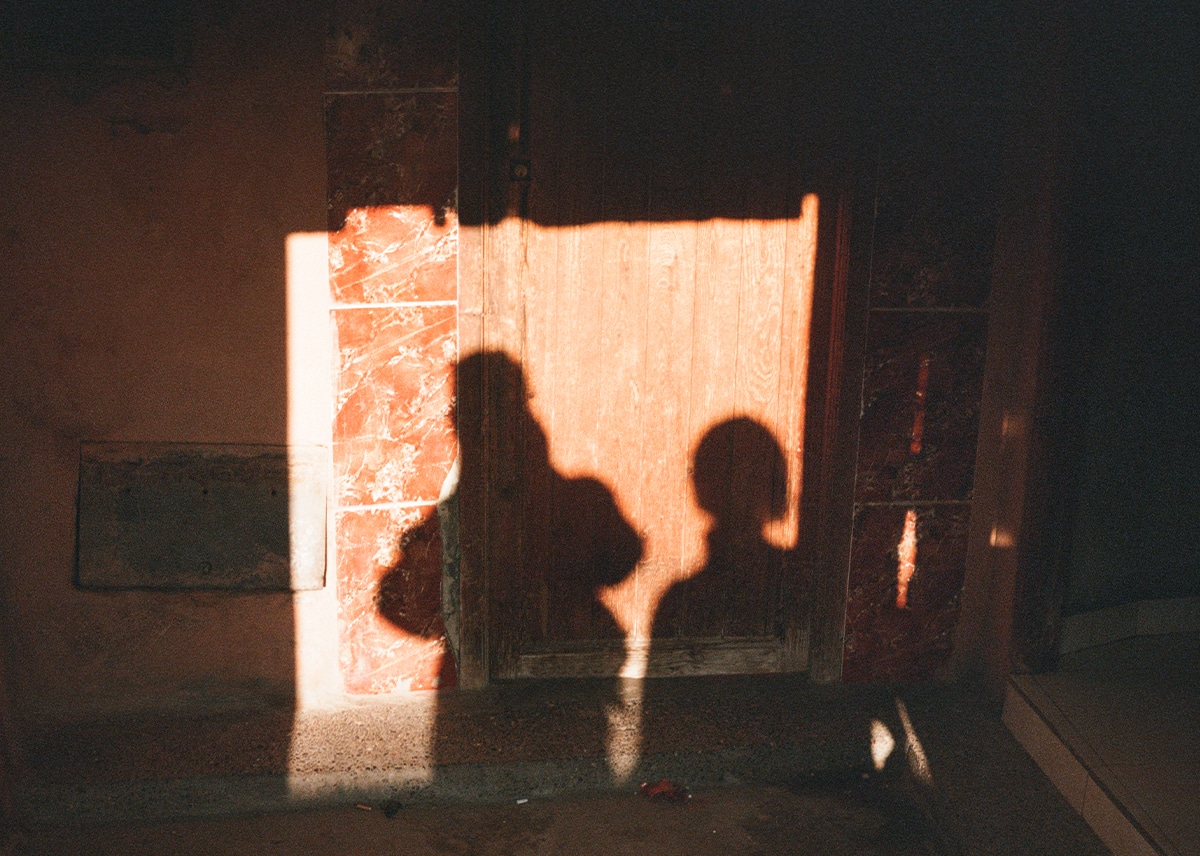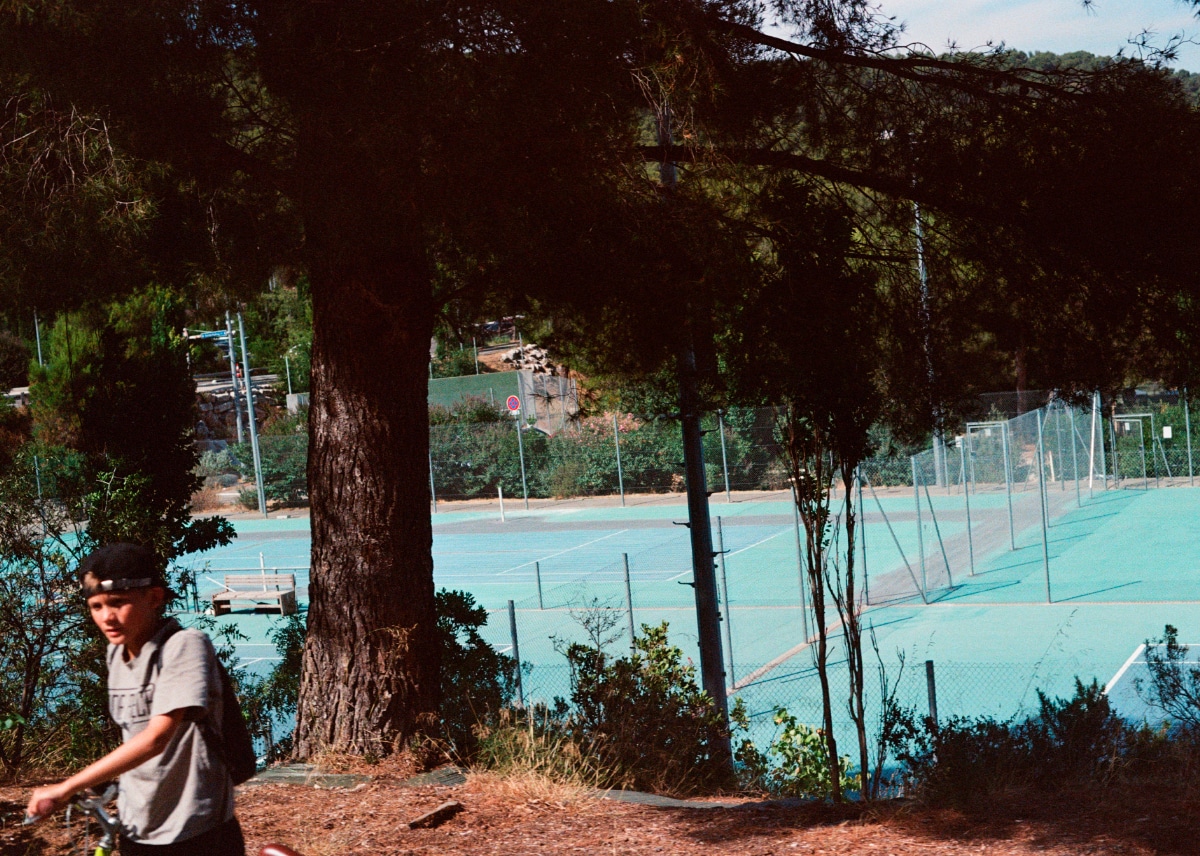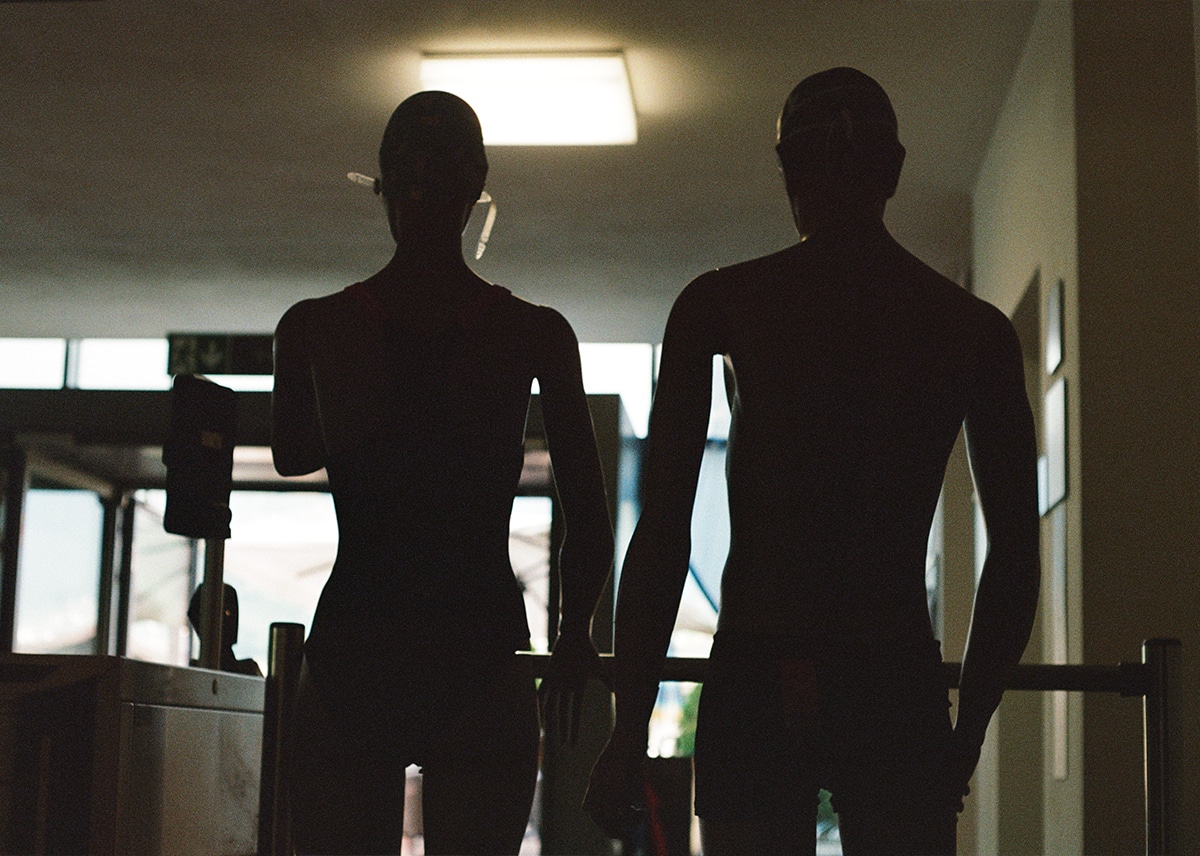Mosaic Monologues
The before & the after

In a hospital in Manchester in the early 1950s. Door slams shut.
Well, that was stressful. They come to you for advice because you’re the expert. And if they don’t like what you’ve got to say, they argue and argue. Brian’s been a source of worry to his family and friends for many years. His dad said they were at the end of their tether.
‘We’re the first in my street to buy a television,’ Brian’s Dad proudly declared. ‘But we can’t turn it on in Brian’s presence.’
Brian is a frightened sort. Suffers from crippling phobias. Dreads the outside world. Panics at speaking to other people. Trembles at the sound of sudden sound effects on the television and the radio. I was confused as to how he’d even made it to my clinic. Brian’s Dad said they needed to use extremely persuasive tactics to make him come here. They had to physically force him into the car.
Something did not feel right. I said I want to hold off on the treatment for now. I would recommend therapy instead. Brian’s Mum tut-tutted in protest. The previously restrained father suddenly turned brutish. He banged his fist on the desk.
‘We came a long way for this. My son is not well, and I demand serious treatment!’
His voice was loud and unwavering despite his petite frame. He was using his lawyer voice.
I said, ‘I understand, but surgery is not the answer. Come back in a year’s time if there are still problems.’
Brian’s father swore and said this appointment was a complete waste of time and that he was going to have a word with my manager, Dr Williams. They will be back in a few minutes. I know it. I just know it. My heart is thumping. My fists are clenched. I’m ready for a fight. Bring it on.
As I sit and wait, I reflect on what led me here. Her name was Patricia. She was prone to deep depression, with episodes of violent mood swings. Her family often bore the brunt of it. I could see that she was in a lot of anguish. After assessing her, I decided that surgery was the only answer. She was clearly exhausted and needed help. On the day of the procedure, she signed the consent forms and then went and laid on the operating bed. I connected the wires to her head and administered the shock. As if on cue, her body rattled. She shook her head from side to side. Her mouth opened wide, as if emitting a silent scream. I waited until her feet kicked the air for a couple of seconds before I stopped. She was out cold. I picked up the Orbitoclast, or as I call it, the ice pick, because it looks exactly like one. I opened her right eyelid and slid the ice pick in, above the eyeball. I pushed it in as far as I could. I remember the first time I had to do this procedure early on in my career. I was petrified. Now, I don’t think anything of it. It’s a task just like any other. Like pruning the damaged branches off of a tree. I pushed it in until I found the bone I was looking for. Then I got a hammer and tapped the ice-pick deeper in, breaking the bone. I heard the familiar crack sound. It didn’t end there. I drove it further in, into the frontal lobes. I swung it, to make sure that the thalamus had been separated from the frontal lobes. It had. Job done. The thalamus is responsible for sending emotions like anger to the frontal lobe. By cutting off the connection, we reduce the possibility of there being another violent outburst. Patricia will no longer be violent. Her parents can now stop walking on eggshells around her.
Dr Williams came in not long after. He did his routine daily perusal of my clinic as I ran my hands under the tap water.
‘All well, John?’
I nodded. ‘No complications thus far,’ I said to my boss.
It’s always about the patient on the day of the operation. Never after. I allowed the tap to run and run. Occasionally putting my hand in to break the flow of water. I could watch it all day.
I decided to visit Patricia a few weeks later to see how she was doing. After saying my perfunctory hellos to her parents, I was taken to Patricia. For a minute or so, I didn’t recognise her. She was lifeless. Couldn’t look at me.
‘How are you?’ I enquired, hoping to end the awkward silence.
‘Fine,’ came the reply.
Her father looked at the garden. ‘The roses need pruning,’ he said.
‘Do you like gardening?’ I asked Patricia.
‘Fine,’ came the reply.
‘Is that all she says?’ I enquired.
‘No, she says other things. It depends on her mood.’
The mother blew on the tea as she sipped. She then asked, ‘Does this treatment work?’
I assume she meant the lobotomy.
‘It’s the most effective treatment there is. We use it on soldiers recovering from the trauma of war…’ I said. ‘I consider it an honour. It’s the least we owe young men who fought for us in Dunkirk. This operation is my way of paying them back.’
She didn’t seem reassured by my reply.
‘Only, I miss my daughter. I really do.’ Her voice crackled with grief. ‘I feel like I’m in mourning,’ she said quietly.
The father made a soft intervention. ‘Listen, love, don’t you remember how we used to fear her violent moods? Now we can sit together and have dinner like normal people.’
I remember when I first met Patricia. She had a fire inside her. Curious, feisty, empathetic. Now I look at her, she is a shell of her former self. It was like the light had gone out.
‘She does like gardening.’ Father chirped up. ‘We’re going to do some trimming this afternoon, aren’t we Patricia?’
‘Fine,’ she said once again.
I was overcome by a sudden wave of nausea. I made my excuses and left.
I couldn’t stop thinking about her after that. I decided to share my experience with Dr Williams.
I said, ‘It’s no longer a tenable solution. We must find something else.’
Dr Williams looked out of the window. Hands in his pocket.
‘That’s such a shame that she has regressed. I would give it time.’
‘You think she will get better?’
‘Of course. She is born again. She is starting afresh, like a little baby,’ he said optimistically.
I pressed on.
‘No, she is nothing like a baby. It’s worse. She’s alive and dead at the same time. As if her spirit has been killed off.’
‘That’s a very dramatic way of putting it.’
‘You should come see her with me. Then you will know what I mean.’
He stopped staring out of the window and turned around. He fixed his sharp green eyes on me. We’re of the same height but he seems taller in my memory, as if looking down on me.
‘So, you followed up with one patient. Why not do this with other patients?’
I muttered something about lack of time and resources.
‘Thankfully, we are in the field of reason and logic. One case does not a hypothesis make.’
I said, ‘That’s very true. Still, you can’t deny that Patricia’s case is a cause for concern. We should stop offering this treatment altogether.’
‘Have you heard yourself?’ he scoffed.
‘We should! We should pause lobotomy operations on patients. Until we get a clearer understanding of the long-term effects.’
‘Absolutely not.’
I could hear a quiet rage in his voice. I felt a piercing twinge in my stomach.
‘We should stop it until we are completely sure that we are not harming patients.’
‘“We!” Speak for yourself. This is an established legitimate procedure practised the world over. The creator won the Nobel Prize for this treatment.’
Really? Oh, of course. I had forgotten that little detail.
‘They studied the effects the world over and judged it to be one of the biggest leaps forward in the field of science. If I had to choose between you and a scientist with a Nobel Prize – well, it’s a no-brainer really!’
He had a point there. How can I argue against that? I pushed on regardless.
‘I’m not asking you to make a choice. I’m only saying that there is room for doubt.’
‘Some in the medical field are pushing this narrative of doubt. It’s propaganda. Jealousy. The fact is that it’s saving many lives. It has stopped children from attacking their parents. Is that what you want? You want children to go back to lashing out at their parents? You want Patricia to start hitting her poor mother again?’
I felt his glare on me. His flared nostrils.
A nurse came and called Dr Williams away. Some query about medication dosages. I was relieved. I allowed myself to exhale again.
So any minute now, Brian’s Dad is going to come back with Dr Williams in tow. I just know it. I’m not scared. I’m not going to back down. I’m going to tell him what I really think. I will give it to him. You know, after we had that argument about Patricia, he placed me on paperwork duties for the day. It was his way of saying who’s boss. I might very well lose my job because of this. I dare not tell my wife. Oh no… I can imagine her face now. Absolutely heartbroken.
At my desk, I can hear the traffic outside. Listen to that. Clip-clop. A horse carriage. That’s becoming a rarity these days. It’s more common to see cars out on the road now. The wife has been badgering me to buy one. I have never been a big fan of motor cars. I’ve always found them big and noisy. Not to mention the smoke that they give out. I’m amazed to see them take off. Lots of people own cars now. They like them apparently. Except me. I prefer to walk to work. Maybe I don’t understand modern technology. Maybe I’m too set in my ways. Oh, here they come.
Dr Williams comes in fuming, with Brian and his Dad not far behind.
Straight away he says, ‘Are you tapped in the head son? Look, if this treatment has won the Nobel Prize then there must be something to it.’
Something I’m missing. I don’t see many people in the medical community speaking out against it. I’m an oddity. What if I’m blacklisted? Then what? I look at poor Brian’s face.
Imagine living like him, in complete fear all the time. Surely he deserves a bit of relief from all this?
I tell Dr Williams, ‘I assessed him, and I wasn’t sure if this was an appropriate way of treating his illness.’
‘Well, I’ve assessed him. He absolutely needs this treatment. To deny him this would be a form of cruelty and neglect.’
Brian’s Dad nodded along behind him. Look at them all. Squaring up against me. Making vulture eyes against me. Where do I go from here? I feel sick.
‘As you wish, Dr Williams.’
I can’t believe I said that. I ask Brian to sign some consent forms and to go lie on the operating bed once he is ready. I signal to the others to leave and to give us some privacy. I excuse myself to the adjoining toilet to wash my hands in prep for surgery. I throw up into the toilet bowl, disgusted by my own cowardice. I take a deep breath. And I go back into the consultation room with a chirpier tone.
‘Right, Brian, let’s make a brand new person out of you.’
© Shahid Iqbal Khan








